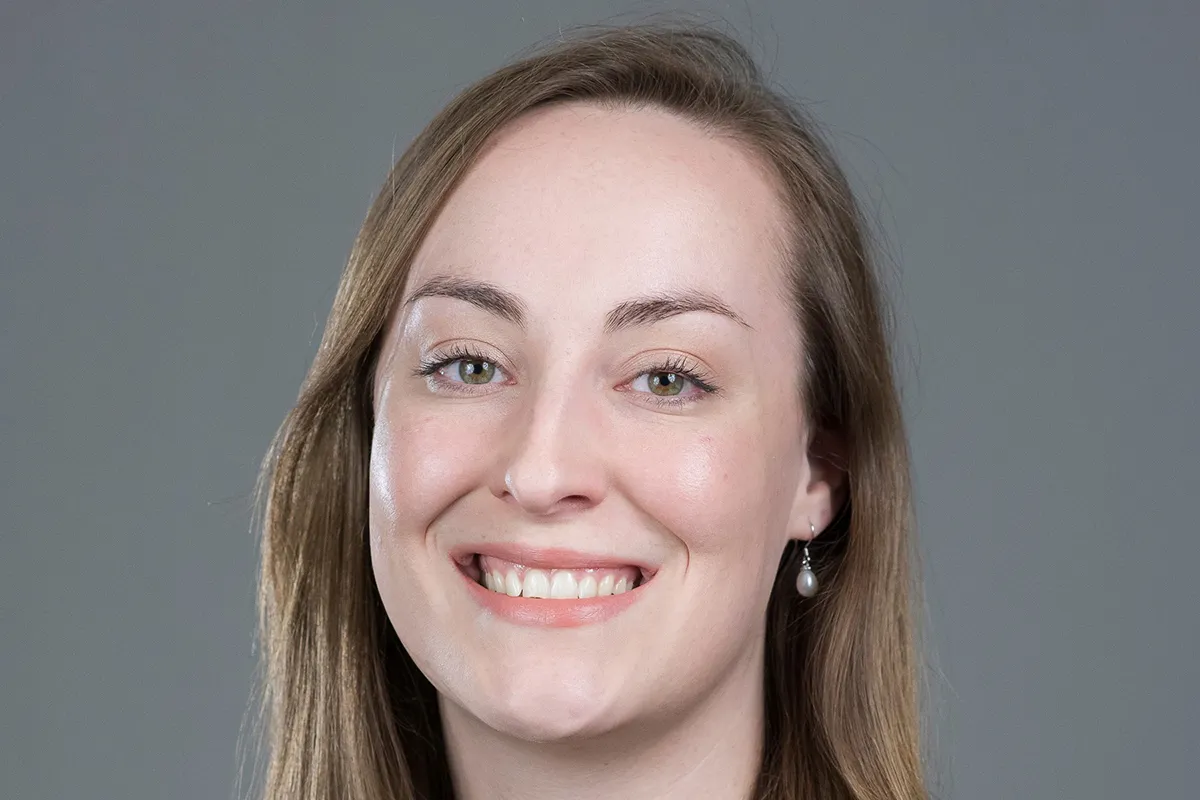Throughout the month of June, the Ithaca College Sexual Violence Prevention Committee brought students, faculty, staff and community members together to screen a series of five documentary films dedicated to grassroots movements and leaders who are standing up for human rights.
Titled “Fundamental,” the series was created by Global Fund for Women. BOLD Program Director Samantha Elebiary coordinated the event series with Picture Motion, a social impact agency that promotes films along with methods to engage audiences in social movements.
The series was co-hosted by the Advocacy Center of Tompkins County and featured collaboration from departments and organizations across campus including the BOLD Women's Leadership Network; the offices of International Programs, Student Engagement, Religious and Spiritual Life; the Center for Inclusion, Diversity, Equity, and Social Change (IDEAS); the Center for LGBT Education, Outreach & Services; the Department of Athletics; the Office of Public Safety and Emergency Management; the Women's Mentoring Network; and the psychology and politics departments in the School of Humanities and Sciences.
Following each film, an IC faculty or staff member facilitated a guided discussion with attendees, where they discussed the themes brought up in the films.
